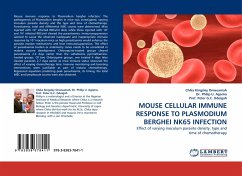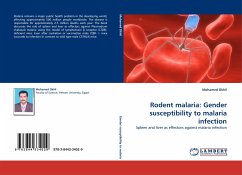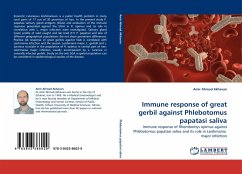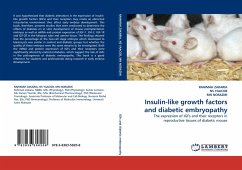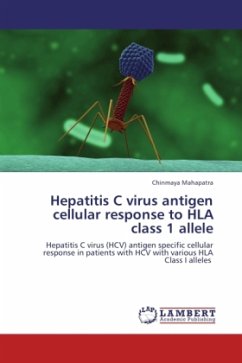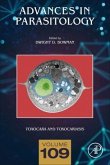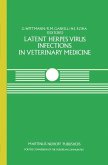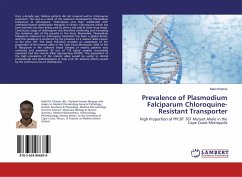Mouse immune response to Plasmodium berghei infection: The pathogenesis of Plasmodium berghei in mice was investigated, varying inoculum parasite density and the type and time of chemotherapy. Parasitaemia, total and differential WBC counts were determined. Mice injected with 10 infected RBCs/ml died, while those injected with 10 and 10³ infected RBCs/ml cleared the parasitaemia. Immunosuppression seemed to cause the observed inadequate and inappropriate immune response by 10 inoculum mice as high parasitaemia would enhance the parasite evasion mechanisms and host immunosuppression. The effect of parasitaemia burden or endemicity zones needs to be considered in malaria vaccine development. Chloroquine-treated groups cleared parasitaemia 2.4 days earlier than the sulfadoxine pyrimethamine-treated groups. Of two Chloroquine groups, one treated 4 days later cleared parasites 2.7 days earlier as mice immune status obscured the effect of varying chemotherapy time. Immune monitoringand boosting interventions seem justifiable as part of malaria chemotherapy. Regression equations predicting peak parasitaemia, its timing, the total WBC and lymphocyte counts were also obtained.
Bitte wählen Sie Ihr Anliegen aus.
Rechnungen
Retourenschein anfordern
Bestellstatus
Storno

